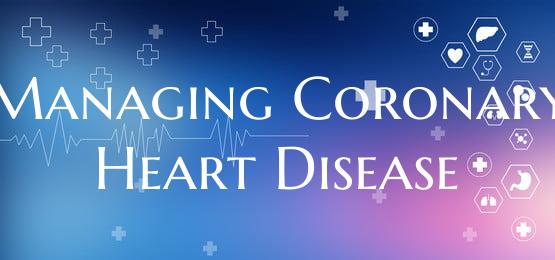
Managing Coronary Heart Disease
Coronary heart disease (CHD) is a common and serious condition that affects millions of individuals worldwide. It is caused by a buildup of plaque in the coronary arteries, leading to reduced blood flow to the heart. Managing CHD is crucial in order to prevent complications such as heart attacks and heart failure.
There are several key components to effectively managing coronary heart disease. One of the most important aspects is lifestyle modification. This includes maintaining a healthy diet low in saturated fats, cholesterol, and sodium, as well as engaging in regular exercise. These lifestyle modifications can help control risk factors such as high blood pressure, high cholesterol, and obesity, all of which contribute to the development and progression of CHD.
In addition to lifestyle changes, medication plays a key role in managing coronary heart disease. Medications such as statins, aspirin, and blood pressure-lowering drugs are commonly prescribed to help control symptoms and reduce the risk of complications. It is important for individuals with CHD to adhere to their medication regimen and follow up with their healthcare provider regularly to ensure that their condition is well-managed.
For individuals with more advanced CHD, procedures such as angioplasty or bypass surgery may be necessary to improve blood flow to the heart. These interventions can help relieve symptoms and improve quality of life for individuals with severe CHD.
Overall, managing coronary heart disease requires a comprehensive approach that includes lifestyle modifications, medication management, and potentially invasive procedures. By working closely with healthcare providers and making positive changes to their daily habits, individuals with CHD can effectively manage their condition and reduce the risk of complications.